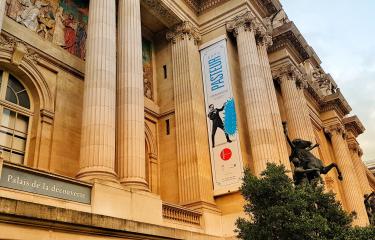On October 8, 2019, the Université libre de Bruxelles inaugurated an exhibition entitled "100th anniversary of a Nobel Prize – Jules Bordet". Developed in collaboration with the Institut Pasteur, this exhibition pays tribute to Institut Pasteur scientist Jules Bordet, who was awarded the 1919 Nobel Prize in Physiology or Medicine for his work on immunity. The exhibition will run until December 21, 2019.
From October 9 to December 21, 2019, the exhibition "100th anniversary of a Nobel Prize – Jules Bordet, a Pasteurian at the ULB", on display at the Université libre de Bruxelles (ULB), looks back at the career and discoveries of Jules Bordet, a renowned Institut Pasteur scientist specializing in immunology.
Read our portrait on "Bordet, Belgium's Pasteur" (in French)
The exhibition features items from the collection of more than 35,000 artifacts in the Pasteur Museum and documents from the Archives
Visitors can explore Jules Bordet's illustrious career through a selection of historical documents, scientific instruments, artworks, films and photographs. The exhibition illustrates Bordet's vision of immunology as a science at the intersection of chemistry, physiology and microbiology.
The many items and documents taken from the Pasteur Museum and Archives at the Institut Pasteur in Paris include an alarm clock given to Jules Bordet by his mother when he set off to the Transvaal in South Africa to study rinderpest. "We were surprised to find that the alarm clock still works sporadically!", says Muriel Hilaire-Soule, Curator of the Pasteur Museum. "It is important to conserve this heritage linked with Louis Pasteur and more broadly with the Institut Pasteur's history. The Museum manages a collection of more than 35,000 artifacts: scientific instruments, artworks, paintings, sculptures, textiles, furniture, correspondence, illustrations, archives and photographs. We need to apply preventive conservation methods to this precious collection. Our conservation work enables us to shine a light on some items, by lending them for exhibitions or films, for example."
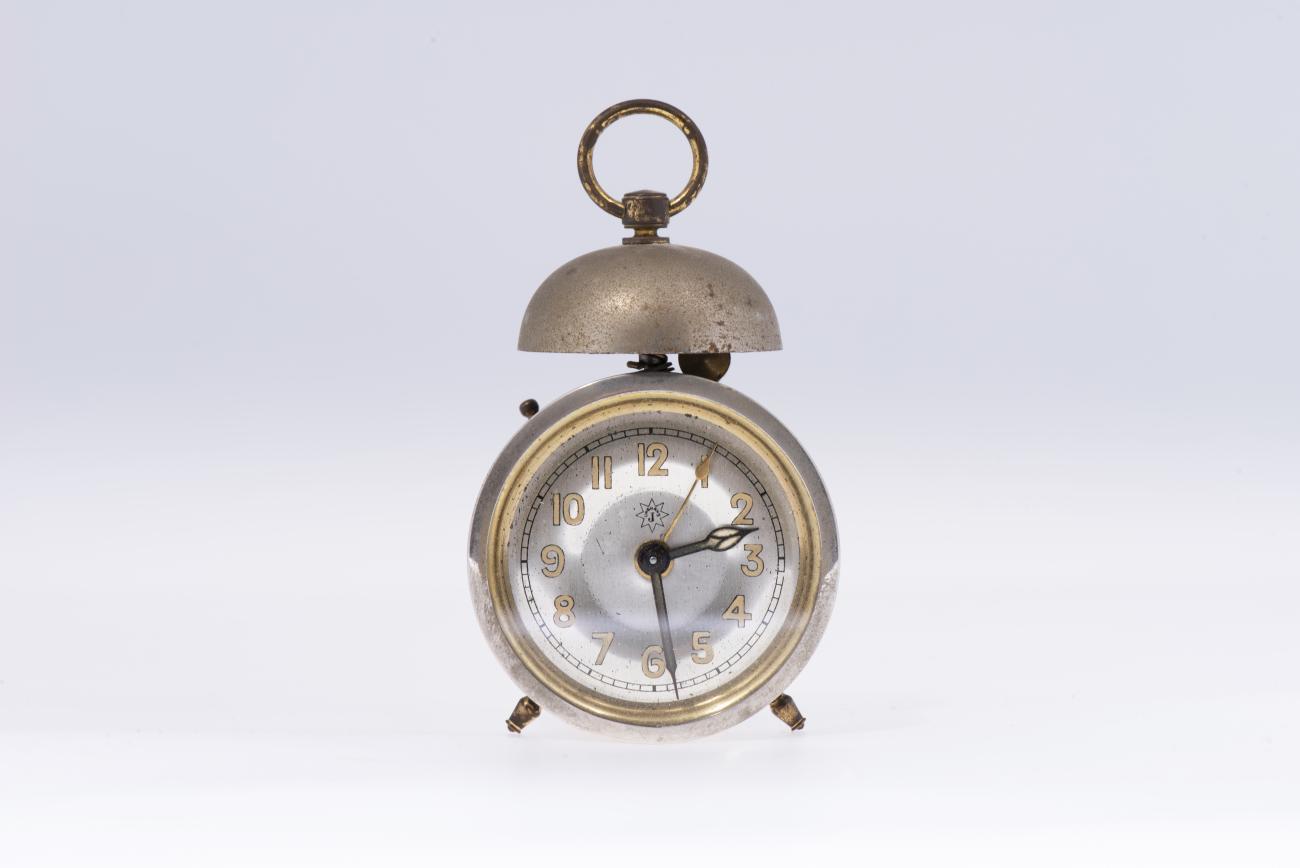
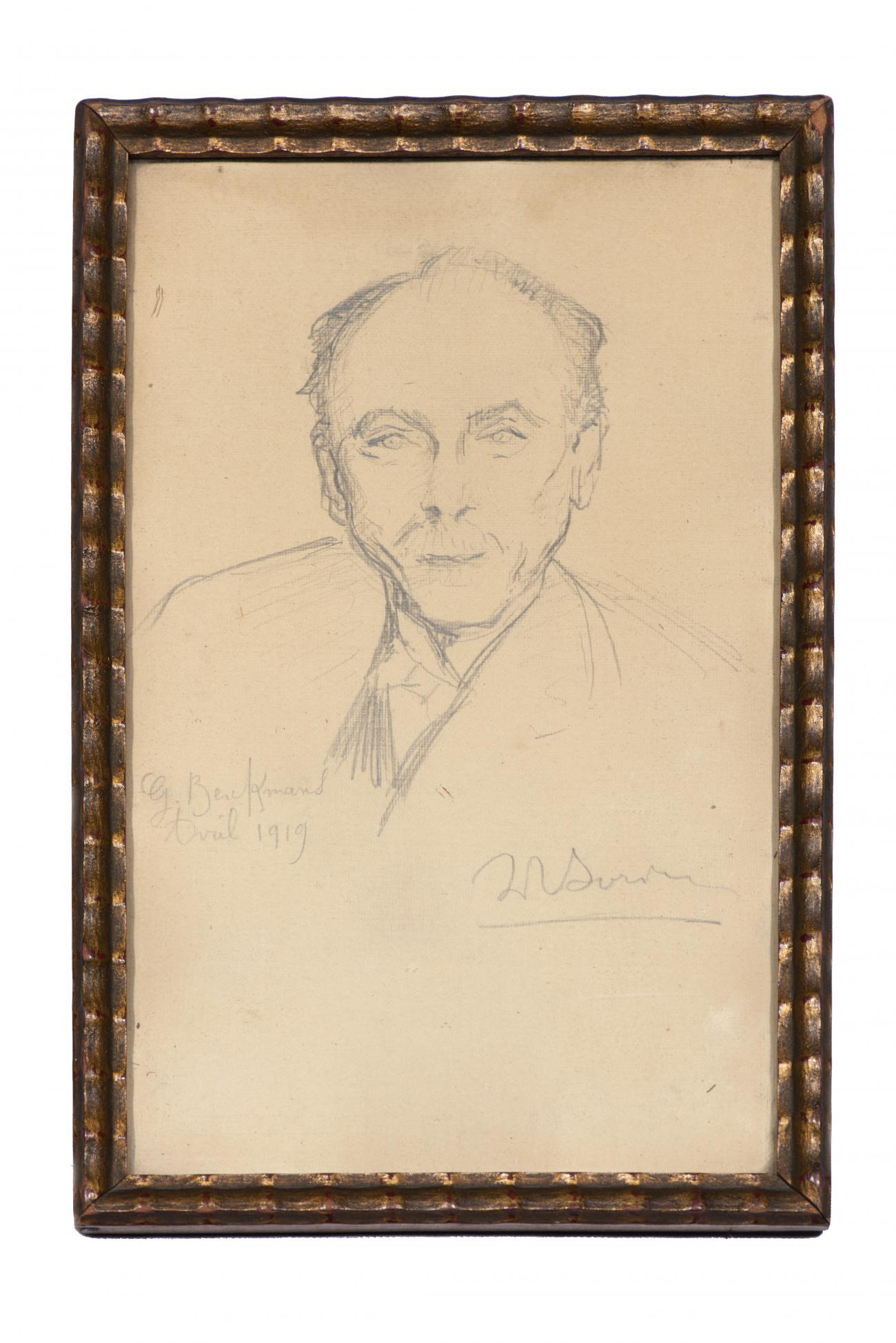
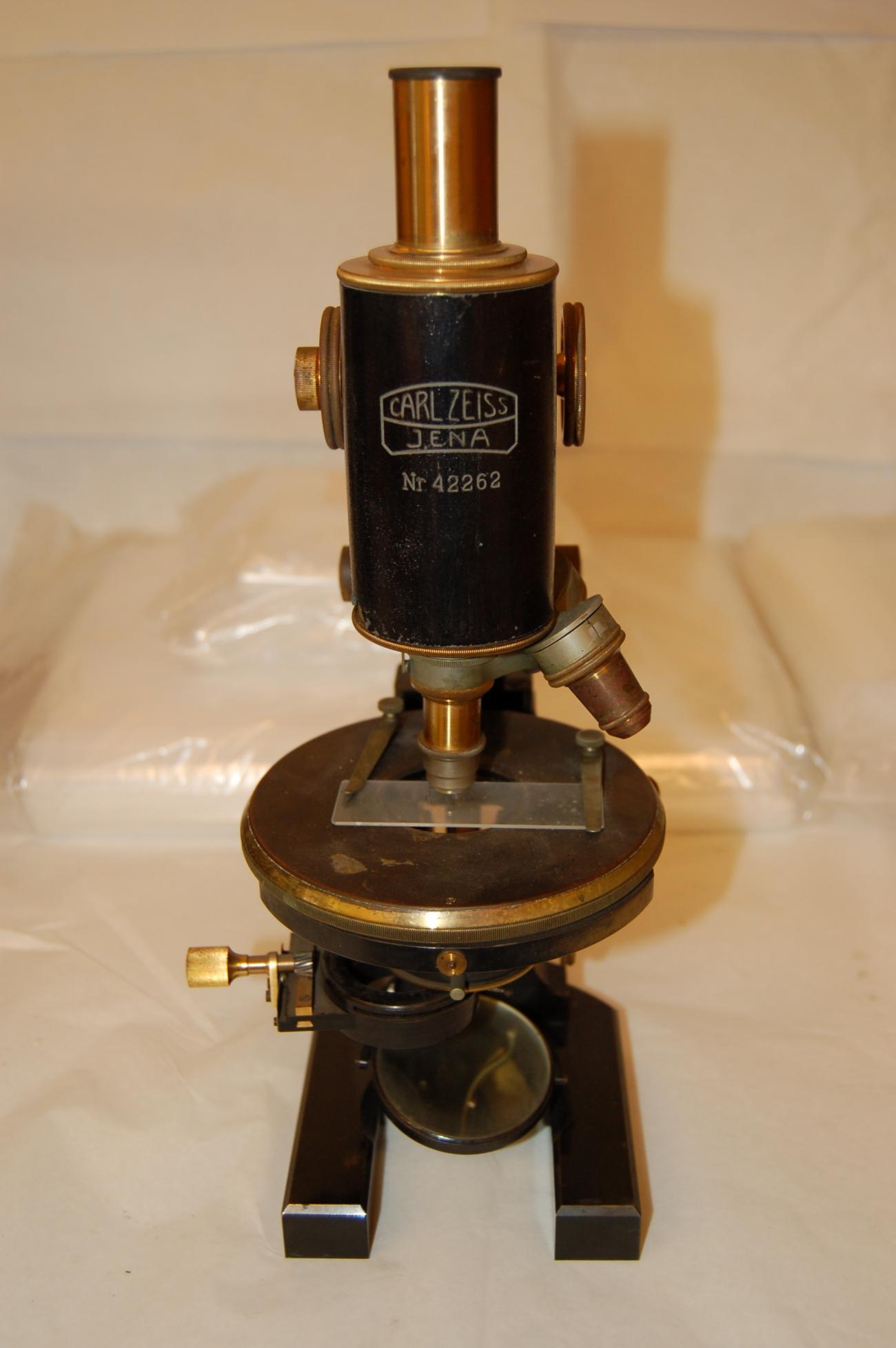
The inner workings of immunity
The exhibition showcases Jules Bordet's fundamental discoveries in the fight against infectious diseases. It celebrates the legacy of his research and his many developments in the fields of serodiagnostics, vaccination and serotherapy, especially for the treatment of cancer and organ transplant rejection.
Jean-Marc Cavaillon, an honorary Institut Pasteur scientist, presented Bordet's story at the inauguration of the exhibition: "One of the strengths of that era was that scientists' work was consistently characterized by multidisciplinary and translational research – and Jules Bordet is an excellent example of this within the wider Pasteurian family," he explains. Jean-Marc Cavaillon was involved in research on the initiation and deployment of physiological and non-physiological inflammatory processes. He also authored an article on the centenary of Jules Bordet's Nobel Prize for the journal Frontiers in Immunity.
See Jean-Marc Cavaillon, honorary scientist at the Institut Pasteur, presenting Jules Bordet's story.
In 2020, a look back at a hundred years of immunology research
It was only in 1920 that Jules Bordet found out that he had been awarded the 1919 Nobel Prize in Medicine for his work on the role of antibodies and the complement system (find out why Jules Bordet received his Nobel Prize a year late by reading his profile). To celebrate the centenary of this Nobel Prize, a symposium organized jointly by France and Belgium will be held at the Institut Pasteur on Friday March 13, 2020.
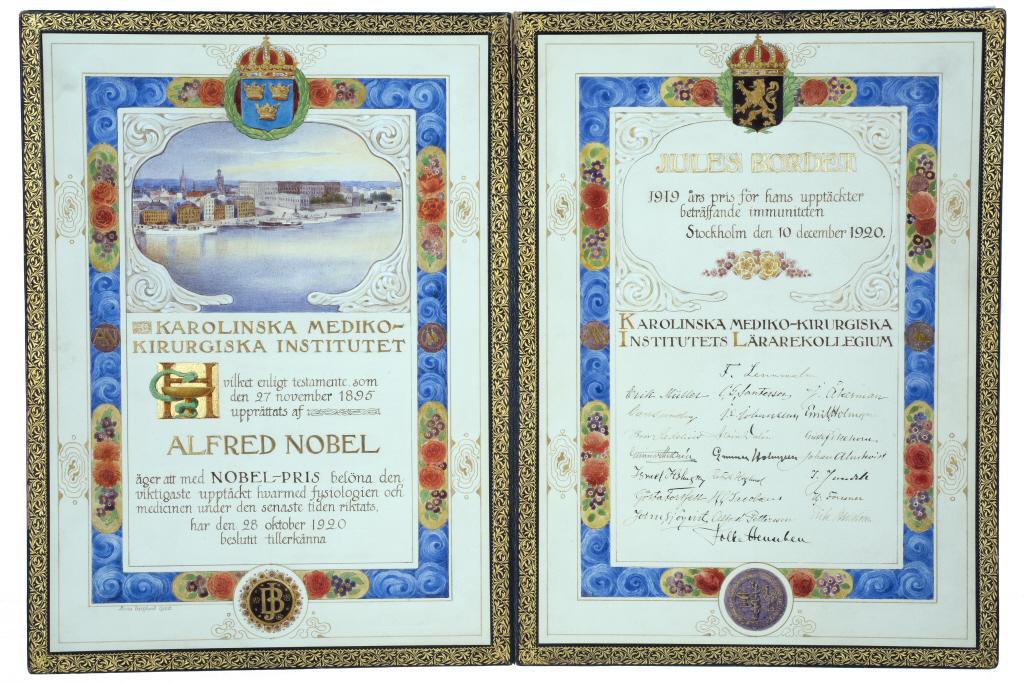
The event, coordinated by Jean-Marc Cavaillon, will be an opportunity to look back at the historical and family context of Jules Bordet's remarkable scientific discoveries. Several scientists will speak about his significant contributions to immunology and microbiology in the light of how the two disciplines have developed up to the present day. An exhibition of items from the Pasteur Museum and documents from the Archives will be displayed to mark the event.
The Pasteur Museum, a key site for scientific heritage
The Pasteur Museum showcases many aspects of the life and history of Louis Pasteur under one roof. It is housed in the apartment where Louis Pasteur spent the last seven years of his life. The rooms, conserved in their original state, offer a glimpse into the day-to-day life of Louis Pasteur and his wife. In the Scientific Souvenir Room, original scientific instruments bear witness to the illustrious scientist's many discoveries.
The Pasteur Museum is a historical site that regularly stages projects combining art, science, history and education.
Go on a virtual tour of the Pasteur Museum via the Google Arts & Culture platform.




